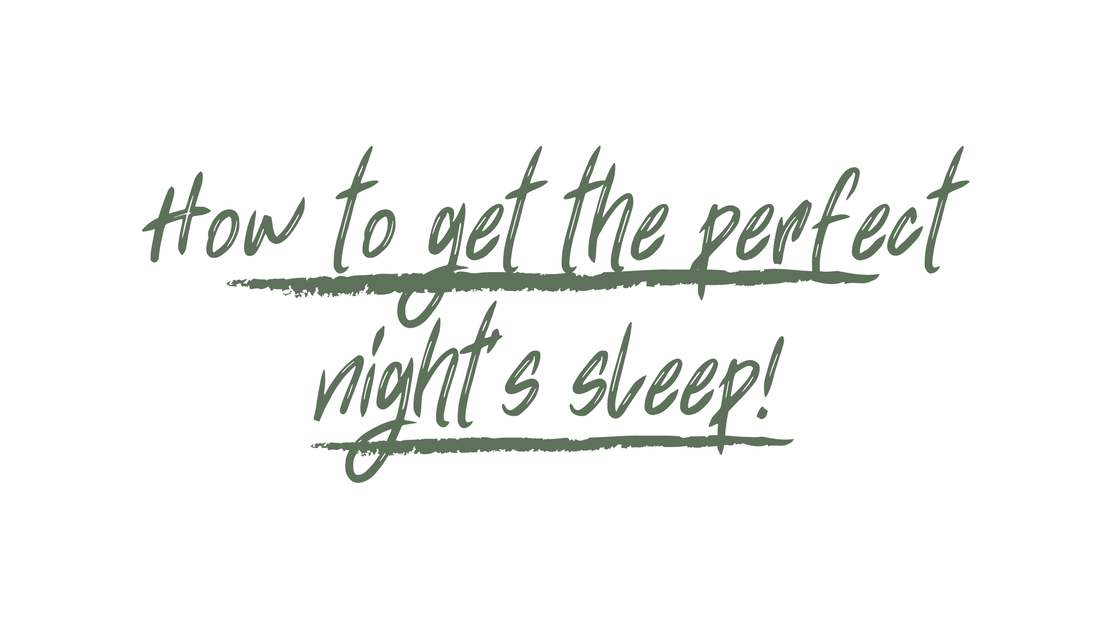|
My ‘How to’ blogs offer you practical advice that you can easily apply to improve your health and fitness. Here’s what you’ll find in this post;
Why I focus on my client’s sleep
Nutrition and training are a minefield of opinions and perspectives, and I tailor my approach to these two 'pillars' of my programme, depending on each client's goal. On the other hand, sleep is universally accepted as being a vital element of our lives yet remains overlooked. The good news is that sleep requires the least amount of effort compared to both diet and training. It is not only an easy win but gives us more 'bang for our buck' than most people realise. All you need to do is commit to getting into bed a little earlier. Use your evenings to set yourself up for the following morning and buy yourself an extra 30 minutes in bed. Put your phone down. Turn Netflix off. Get your head on the pillow. The Negatives Constantly skimping on sleep increases our appetite, releases stress hormones, and is a major cause of morbidity. Research shows a strong link to several negative health effects, including increased risk of hypertension, diabetes, obesity, heart attack, and stroke[1]. The positives In addition to counteracting the negatives listed above, sleep is free and accessible to everyone. Positive sleep habits are essential for your fat loss goals, mental clarity, overall health and mood[2]. There’s a reason why so many describe sleep as one of the best anti-depressants. The Basics There’s more to improving your sleep than simply shutting your eyes (although this is a great start! ha!). Adding in a little pre-bed routine can make a world of difference. Your aim is to get at least 7 hours of sleep, or at least, to be in bed for this amount of time, so you're getting adequate rest. Here are my non-negotiables when it comes to your bed-time routine:
Extras! Here are some additional things you can try: Step 1 – Make breakfast the night before Before we begin preparing for tonight's sleep, let's focus on 'tomorrow morning'. Making your breakfast before you go to bed cuts down the tasks in the morning and gives you about 15 minutes extra in bed, so you can maximise your sleep time and hit your 7-9-hour goal! Get your clothes ready, and you've bought another 15 minutes. Boom! There are 30 minutes of extra sleep! Step 2 - Magnesium bath Once your breakfast is made (don’t forget to tag us in your photos!), run a hot bath, add some magnesium flakes and pop on some relaxing music. Magnesium is vital in the body and can support a deeper, more restorative night’s sleep. Try not to spend more than 20 minutes in the bath, and make sure to stay warm once you get out. Step 3 – Get out of bed at the same time every day. Our bodies crave routine - so give it one. It may be difficult initially, but you'll soon start to find your rhythm, and you'll find it much easier to fall asleep earlier too! How to apply this routine Steps 1 and 3 are 'everyday events. The magnesium bath might only be realistically only a few times a week. That's okay! Do what you can with the baths, but commit to 1 and 3 every. Single. Day. Build this routine into your schedule. This is your lifestyle now. Live like you believe this, and the habit will become second nature. I understand the dilemma of balancing a social and family life, downtime after work and your sleep, but remember, the more rested you are, the more quality you can give to everything and everyone around you. Let me know how you get on. Speak soon, JC. [1] in Sleep Disorders and Sleep Deprivation: An Unmet Public Health Problem (eds. Colten, H.R. & Altevogt, B.M.) Ch.3 (National Academies Press, 2006). [2] http://psycnet.apa.org/record/1984-06881-001 3 https://www.sleep.org/articles/ways-technology-affects-sleep/
0 Comments
Leave a Reply. |
JcHere I write about everything I love and that interests me. Archives
September 2021
Categories
All
|

 RSS Feed
RSS Feed
